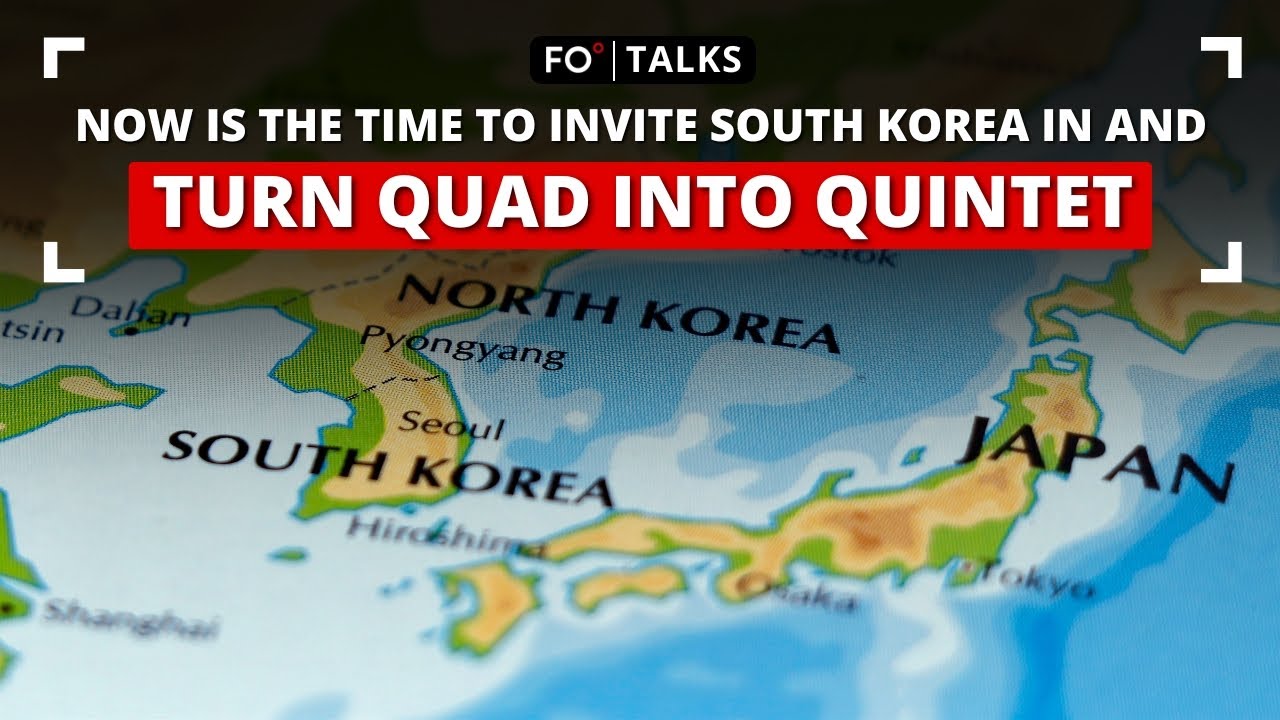On November 22, Geert Wilders’s anti-immigrant Party for Freedom (PVV) finished first in the Dutch general election. The PVV won 37 of the 150 seats in parliament with 23.6% of the vote.
Now, 23.6% might not sound like a lot if you are an American. In a two-party system like that of the US, the winning candidate generally takes more than 50% of the vote. On the other hand, the Netherlands has a multiparty system. No less than 15 different parties won seats in the Dutch parliament this year. So, for the PVV to wrest nearly one-quarter of the seats is a big deal.
For most political analysts, Wilders’s victory came as a huge surprise. It represents a sudden turn of Dutch politics to the hard right. Although his victory is surprising, Wilders is no newcomer to politics. The 60-year-old is the longest-serving member of the Dutch parliament. He first got elected in 1998 as a member of the center-right Liberals. Wilders quit that party in 2004 over what he considered Liberals’ softness towards Islam and founded the PVV in 2006.
Wilders is anti-immigration and anti-Muslim. But his profile is not that of a stereotypical, narrow-minded bigot. Wilders is from Venlo, a small city in the conservative, mostly Catholic province of Limburg. He was raised a Catholic himself, making him a religious minority in the historically Protestant Netherlands. Wilders has Indonesian ancestry on his mother’s side. He spent two years on a kibbutz, a collective farm, in Israel. And he married a Hungarian immigrant. So you could hardly say that Wilders has no appreciation for multiculturalism.
But Wilders has taken a strong tack against the Dutch Muslim community. In his view, Muslims have failed to assimilate into Dutch society. For example, 68.76% of Dutch Turks voted for the Islamist Turkish presidential candidate Recep Tayyip Erdoğan — a far higher percentage than among Turks in Turkey. Such voting gives credence to Wilders’s argument that Dutch Muslims are not absorbing liberal European values.
In fact, Dutch voters are worried about Muslim ghettos as breeding grounds for crime and extremism. The 2002 assassination of anti-Muslim politician Pim Fortuyn and the 2004 assassination of filmmaker Theo van Gogh by a Dutch Moroccan youth are still fresh in their memories. So, they have turned to Wilders.
Demographic shifts lead to tensions across the West
The fears and frustrations that Dutch voters are experiencing are real. They are shared by voters across Western Europe and North America. Demographic shifts are bringing clashes of fundamental values between immigrants and natives. But while the right is perceiving a real problem, the solution that it presents is a horrible one. Singling out an ethnic group as the problem may be a prelude to violence. A mixture of legitimate concern and populist racism is what is driving the right today.
A pattern common to all human societies is now playing out in Europe. Research in sociology tells us that whenever about 10% of the population becomes “other,” there is a hostile reaction. No matter how tolerant a society, things change when it begins to feel threatened. Before the US Civil War, northerners thought of themselves as tolerant, abolitionist Republicans. After the war, black freedmen started to fill the North, and racism flared up. The nativist Know-Nothings reacted to black and Irish newcomers as if they represented the collapse of civilization.
Now, France and Germany have even more immigrants than the US does. The pattern is playing out across Europe. Declining birth rates create a shrinking economy. This creates a demand for immigrant labor. These immigrants bring their own religion and values. They also compete with natives for resources and jobs within the shrinking economy. Economic pressures exacerbate cultural ones, and sooner or later violence breaks out.
A question of religion is a question about the very identity or existence of a society. Two men might duel over a woman, but entire societies go to war over religion. Both France and Germany have a long history of religious civil wars and so does the rest of Europe.
European nations may not be Christian as they once were. But they are strongly attached to basic values like secularism, liberalism and constitutionalism. Now, Muslims live across Europe. Their white neighbors have doubts whether Muslim loyalties lie with the constitutional order or sharia law. Conversely, Muslim Europeans deeply resent having their loyalties questioned. Tensions continue to build.
Javier Milei claims victory in Argentina
The far right is on the rise in other parts of the world. Religion is not always the cause though. In Argentina, economic collapse has fueled the rise of the far right.
About 100 years ago, Argentina was one of the richest countries in the world. Now, it is a basket case. The International Monetary Fund has lent it $44 billion, a third of the fund’s entire debt portfolio. This dwarfs the aid it lent to Pakistan. Argentina’s annual inflation is a heart-stopping 185%. Public corruption is endemic, employment low and poverty high.
Desperate for a change, Argentineans have elected the outsider libertarian candidate Javier Milei. A devotee of Milton Friedman, Milei is rabidly anti-Keynesian. He wants to dismantle many government ministries and make the US dollar Argentina’s official currency.
But it’s not just his economic policies that are oddball. Milei enjoys cosplay, he’s a self-proclaimed tantric sex expert, and he has four cloned mastiffs of his old dead one. He admits to consulting his lovely dogs when he needs to make major decisions. In a Catholic country, Milei has flirted with conversion to Judaism, and he has railed against Pope Francis. Note that the pope is the first Argentine to occupy this holy position and is popular in the country. Milei has called Francis a “communist turd” and a “piece of shit.” In brief, Milei seems nuts.
Once the home of the socialist Eva Perón — herself quite a celebrity populist — Argentina has now swung all the way in the opposite direction.
[Anton Schauble wrote the first draft of this piece.]
The views expressed in this article/video are the author’s own and do not necessarily reflect Fair Observer’s editorial policy.



































Comment